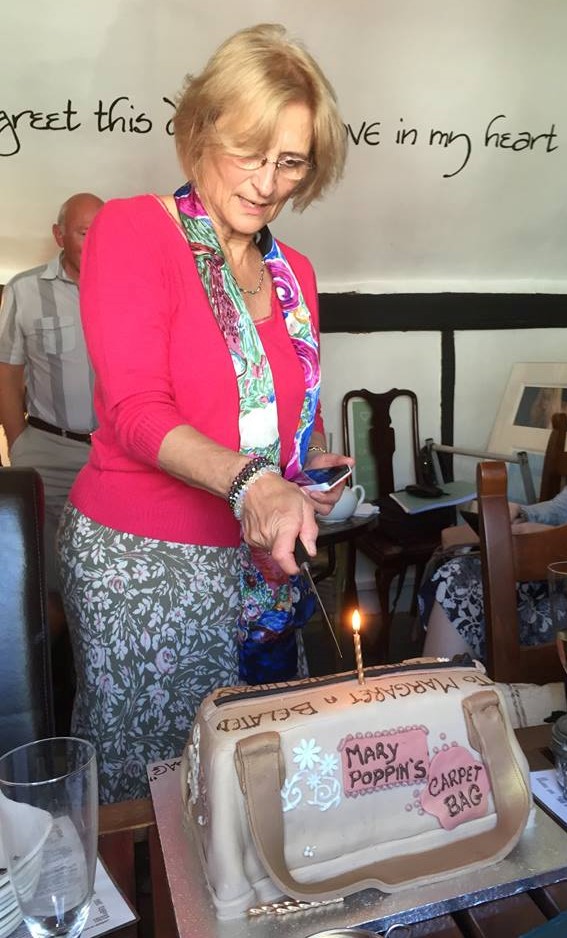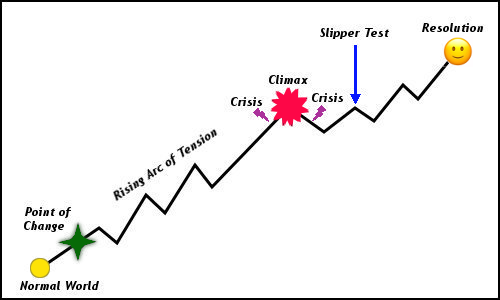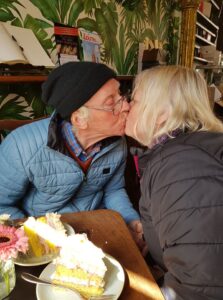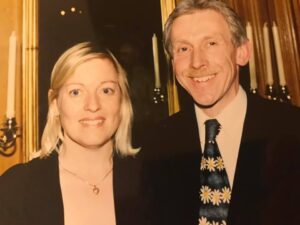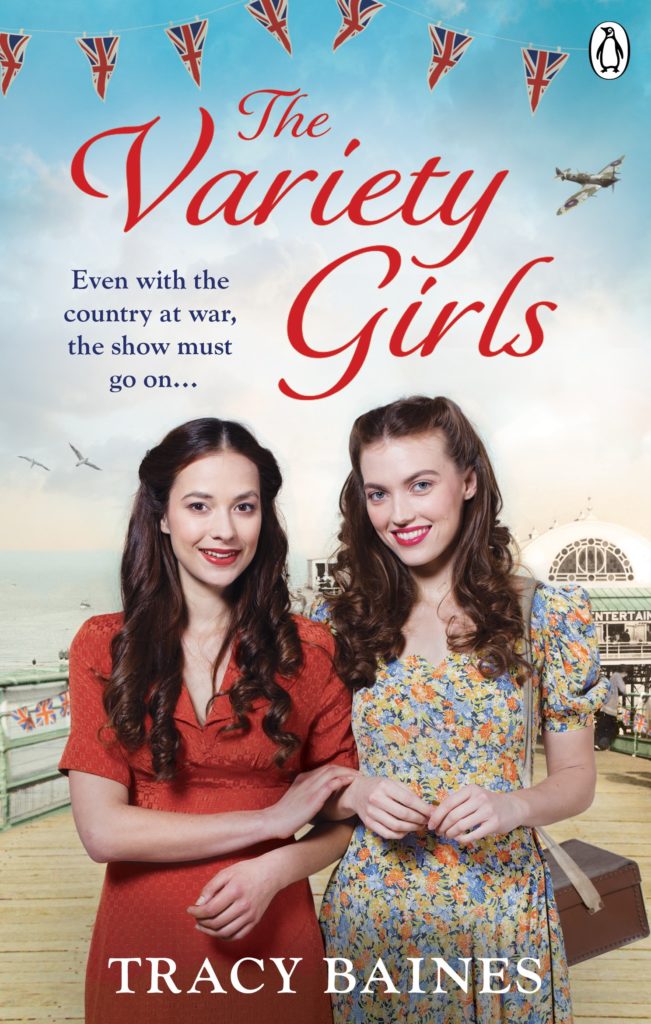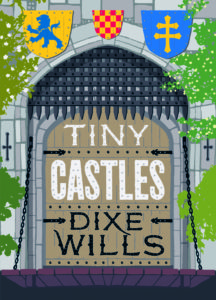The books that changed me, or should I say perhaps, developed my understanding… Heavens, so many, but let me take a stab at it.
As a child I read The Secret Garden by Frances Hodgson Burnett in which an obnoxious orphan Mary Lennox arrives to live with her uncle at Misselthwaite Manor in Yorkshire. Archibald Craven locked the door leading to his wife’s beloved garden on her death. He also secreted his son, with crooked legs and back , in his own quarters for his own safety, and went about his business elsewhere, leaving the kindly servants to care for this disparate household.
The children find the secret garden, and slowly as they work within it, and as the seasons roll on, the healing of both begins. This book introduced me to a love of gardening, to the relentless rhythm of the seasons which has given me solace and a sense of something ‘bigger’. It grounds me.
Then as a teenager I read I Never Promised you a Rose Garden by Joanne Greenberg. This is the story of a schizophrenic young woman, who spends some years receiving therapy ina residential centre. As the young woman recovers she is devastated to realise that the world is not perfect, that happiness is not a given. That there are ups and downs, and one must find a ‘centre’. But as the psychiatrist says: I helped you heal, but I never promised a rose garden, I promised you a life.
I found this profound, and it stabilized the angst of a teenager, and was a great guide as an adult.
As an adult I was struggling to write my first novel – to navigate my way through the muddle of my thoughts, . I read Cinderella to my children one evening, and realised that it is the clearest example of the common structural form. It enabled me to write my first novel, and create almost 30 other books. It also allowed me to teach aspiring authors, perhaps the most rewarding part of my writing life, apart from editing Frost Magazine.
Basically, there is one protagonist, Cinderella, she has helpers ( mentors) and enemies (antagonists). Cinderella is on a journey, which is the plot, in order to resolved the theme, which for me was her quest to find love. Fourth must be Reginald Hill’s Dalziel and Pascoe novels. Erudite, immaculately structured with characters in complete balance, and scattered with laugh-aloud humour. They freed something in me, and made me brave enough to be myself, and allow the humour I inherited from my parents free rein.
Fourth are the Reginald Hill Dalziel and Pascoe novels, beautifully structured and written, with a superb balance of characters. Erudite, fascinating, and laugh-aloud funny. They gave me the courage to allow myself to use my own sense of humour, inherited from Mum and Dad.
Fifth and perhaps most importantly From Both Ends of the Stethoscope by award winning author Dr Kathleen Thompson
Dr Thompson is ‘the doctor who knows’ what it is to face the chilling cancer diagnosis, and then find your way through the maze of information and treatment. The book is set out in an extraordinarily accessible way for the patient, and also for those like me who have friends with this illness, it gives me a way of helping, of listening, of supporting. It is life enhancing, and invaluable.
If I can sneak in a sixth, The Variety Girls series by Tracy Baines made me realise I should have been on the stage, not stuck in a study writing. You see, I could have ‘hoofed’ with the best of them, and hugged the spotlight, and showed off, and my mum would have been shocked, then proud, as I received a standing ovation – just me, not the rest of the chorus, of course. Ah, well, I can dream.

